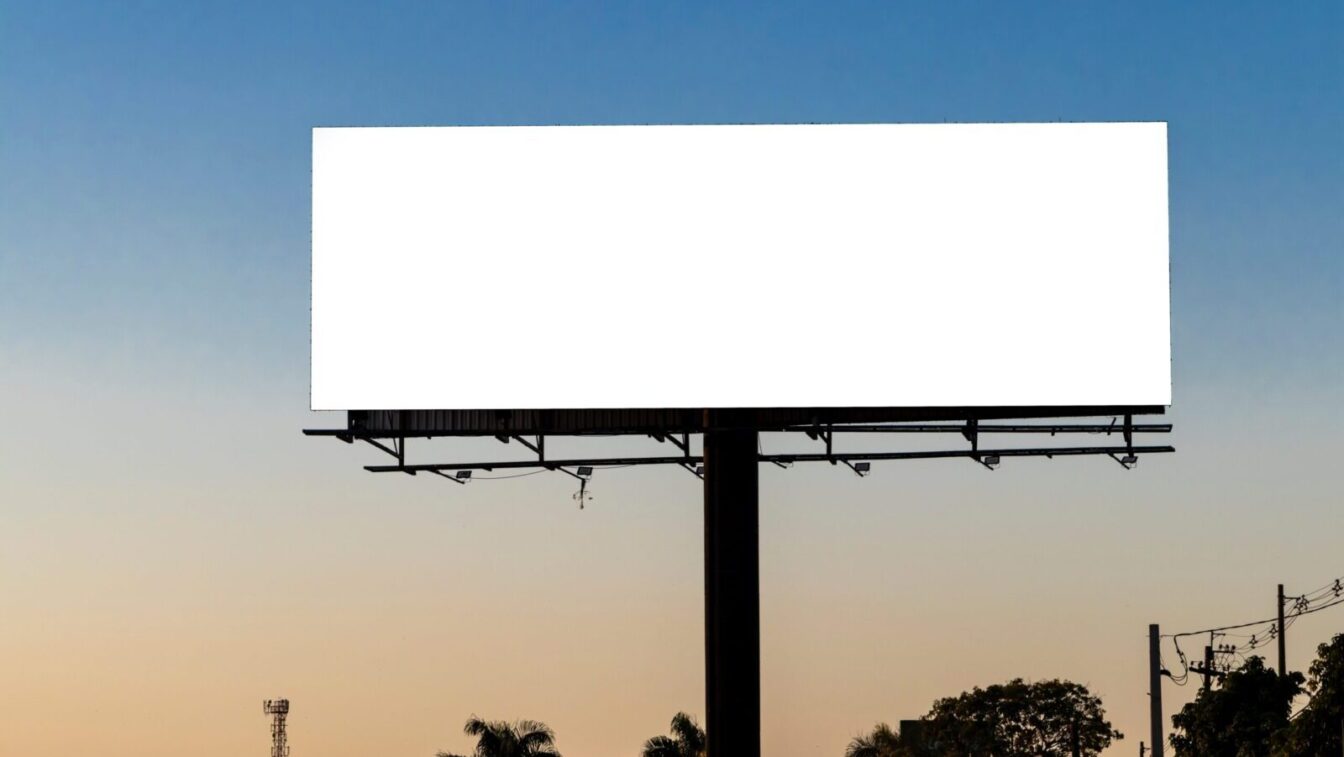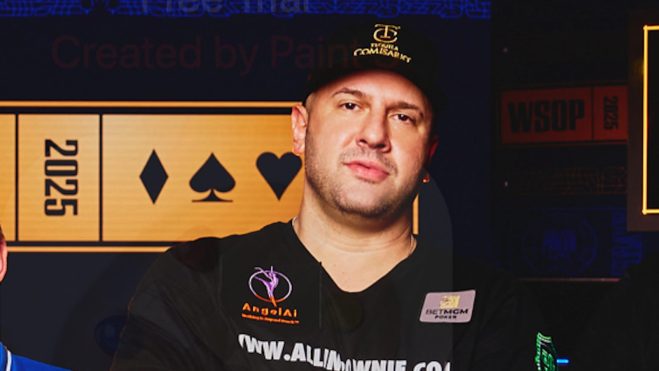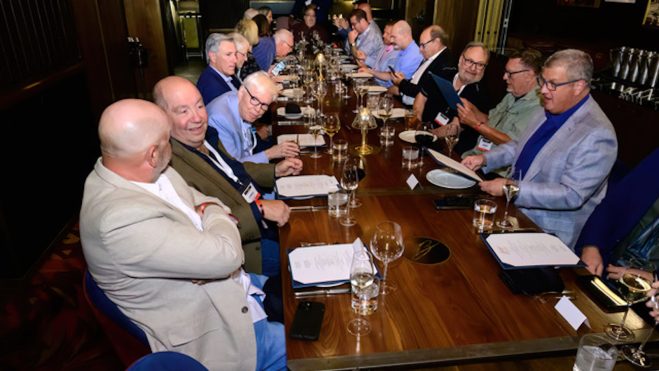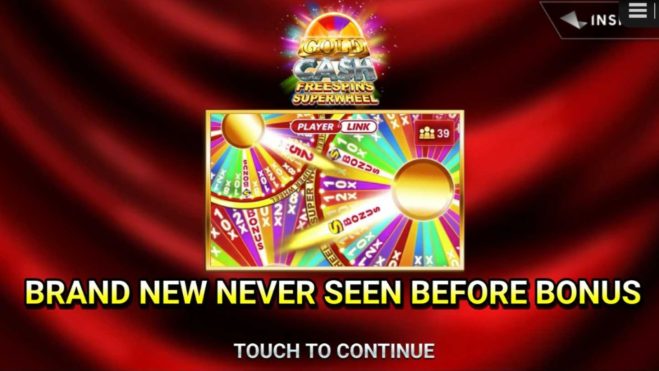Children Should Be The Sole Focus Of Responsible Gambling
Much of what passes for RG is stuck in a different time and concentrates too much on adults
5 min

RG is dead.
Yes, responsible gambling is gone. Kaput.
Today’s RG and the way it centers on triage — basically, helplines and treatment for adults — is stuck in the past. It’s trapped in a time when gambling was considered a sin, and not part of the daily lives of Americans.
It doesn’t matter if you think gambling is bad or good. Fact is, it simply just “is” now. Gambling, which for years was illegal most everywhere, is legal in one form or another in 48 states. Casinos, which were once limited to Nevada and Atlantic City, are in 43 states, either state- or tribe-sanctioned. Sports betting, once limited to Nevada, is in 36 states. Online casinos, which were never legal, are now legal in seven states.
Oh, in basically all 50 states you have prediction markets. And sweepstakes casinos. And daily fantasy, in one form or another. Skill-based slots. Loot boxes. Crypto and DeFi. NFTs.
Of course, there’s the state-sanctioned lotteries, available in 45 states.
Harmless fun? Ruinous habit?
Doesn’t matter. It’s here, it’s growing, it’s not going away.
Gambling is as part of our culture now as booze and cigarettes. Weed and sex. Fast cars and too much sun. Risky behaviors? Sure. Part of the American experience? You bet, pun intended.
But there’s a big difference between gambling and virtually all other forms of — I’ll say it — vice.
Someone cue up some CSNY.
Here’s the thing: When I walk into the liquor store, I’m not smacked in the face with a 1-800-DRINKER warning. If I buy $500 of booze over a set period of time, I don’t need to watch a video about it. If the clerk behind the counter thinks I’m buying too much beer, I’m not sent to the store’s responsible drinking team to discuss the issue.
Same goes for smokes and cannabis (legal in 24 states). Or driving fast or sunbathing.
What these and other “risky” behaviors do have in common, however, is youth prevention.
While there are places to dry out if you’re a drug or alcohol addict, the lessons about drinking and drugs don’t start as an adult; they’re drilled into you as a kid.
Cigarettes? Same.
You don’t get a driver’s license and all of a sudden find out driving fast is dangerous; it’s taught to you.
And on and on and on.
Now do me a favor and go ask your kids how their gambling education is going at school. Heck, go ask them how their gambling education is going at home.
I’d say, “I’ll wait,” but I won’t wait, because I’ll be waiting about as long as it will take me to hit a 100-leg parlay.
Long live RG
“No, RG is not dead,” said Keith Whyte, the founder and president of Safer Gambling Strategies, which promotes responsible gambling, and a former decades-long head of the National Council on Problem Gambling.
Whyte, almost always the coolest head in the room when it comes to anything related to gambling, admits RG isn’t quite healthy.
“RG is in a constant state of evolution,” he said. “There’s always this push-pull between the people that are working hard in the field now and people who have a different idea, who have a new twist, a new thing. But I think that dynamic tension is a good part of the process, because it generally results in progress.
“It doesn’t mean it’s always smooth, it’s not always linear, and there’s always a lot of disagreement over things like terminology, targeting, what the research says. But that’s the evolution we’ve seen in every other addictive field of messaging. So I don’t think it’s unique to gambling.”
What is, however, unique to gambling is the speed at which it has entered our lives. It’s everywhere. It’s everything. It’s all at once. And it’s overwhelming the old way of RG.
“Everything we do, a lot of that was based on the industry circa 1995, right? It was limited, it was state-based, and that’s all completely changed,” Whyte said.
“Gambling is now normative. Back in 1976, the Commission on the Review of the National Policy Toward Gambling found the majority of Americans did not approve of gambling for themselves or others. Now it’s somewhere around 75 to 85 percent approve of gambling for themselves or others. That’s a sea change. I mean, society has flipped, but the protection and education, it’s still based on that old model. It’s still based on gambling not being a norm.”
Which brings me to my Modest Proposal, which, much like author Jonathan Swift’s satire of (nearly) the same name, involves children.
But instead of eating them, we should educate them on gambling. In school. At home. At church. In fact, I’d go as far to say that we should dedicate virtually all money earmarked for problem and responsible gambling directly to kids.
And we should do it before we lose the next generation.
Alpha, out
“We’ve totally lost Generation Alpha,” Whyte said of those born since 2010. “They’re now exposed to basically unlimited gambling with little, if any, prevention messages, barely any education messages, and a rudimentary treatment system. For Alpha, the risk has increased, but the resources haven’t. And at the rate we’re going, we’re going to miss the next generation, too.”
To be clear, Whyte doesn’t think we should be throwing out the current models of RG. He does, however, think we should add to it, and he agrees that a good chunk of that addition must be directed at kids. (So far, two states are thinking about it. Virginia passed legislation that would bring the discussion of gambling into the health curriculum, not be a stand-alone. And a New Jersey task force has advocated for gambling education starting in kindergarten.)
“So the first thing people are going to push back when you talk about educating the kids is, ‘Oh my gosh, you’re condoning gambling, you’re teaching them to gamble,’” Whyte said. “But that’s not what we’re talking about. The message for a fifth-grader is, yeah, gambling is an adult activity, you shouldn’t engage, period. But when they get older, that’s when you have ‘harm minimization messages.’
“Just like we do with alcohol. We’re telling teens don’t drink until you’re 21, but we’re also saying if you drink, don’t drive drunk. If you drink, know you might get sick. If you drink, know you might start down the path to addiction. That’s reality based.”
As of now, Whyte estimates a fraction of responsible gambling money is directed at children. He puts it at about 10%, with the vast amount of RG money being spent on state treatment and messaging. It’s not like that is so much money, as Whyte points out, noting in 2023 $230 million was spent on RG, which is about 85 times less than money spent on alcohol and drug treatment alone, never mind everything else.
So I put Whyte on the spot. I asked him if he were named federal czar of gambling, how much would he put toward educating kids?
“At least 50 percent and maybe more,” he said.
I vote more. I vote we move most RG money away from adults to kids. Children should know as much about EV and RTP as we did about AC/DC and N.W.A.
As for adults? Do what we do with booze and cigs and condoms and sunscreen: Slap a label on it explaining the risks that we were taught as kids, and move on.
Every dime spent making me watch a video about how much money I’ve deposited is a dime not spent on giving my kids a lesson in gambling education.






